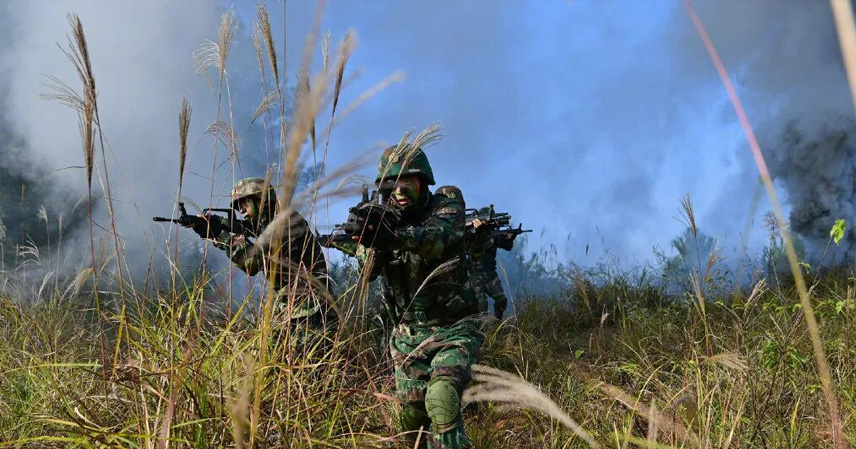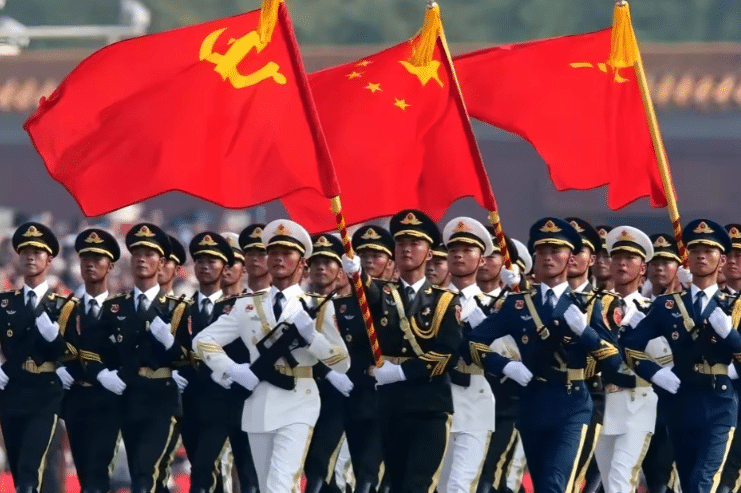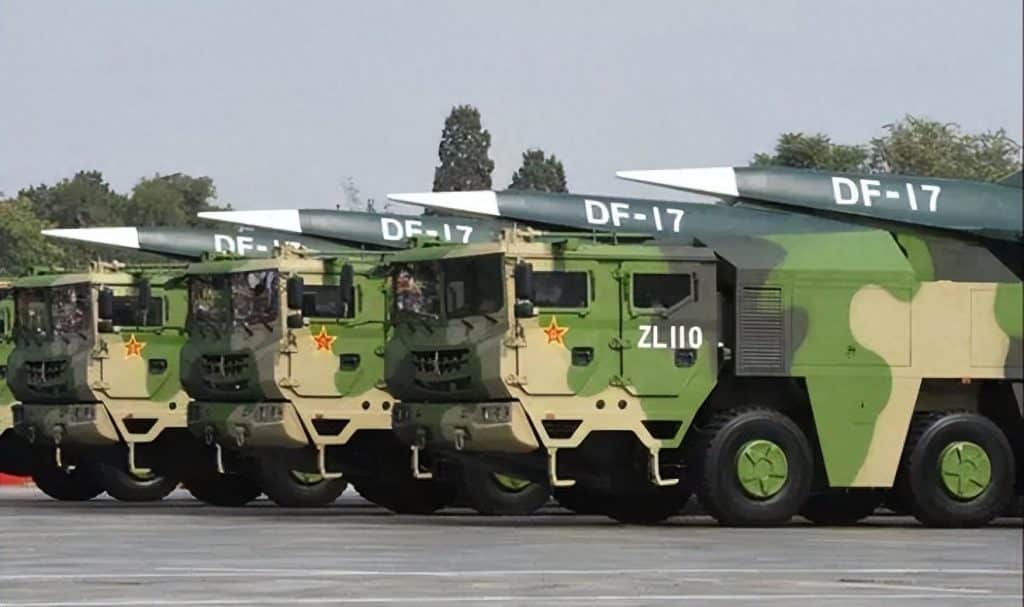Since the Sino-Vietnamese War, China’s military has largely avoided large-scale conflicts. Achieving national development without engaging in major wars is a remarkable feat, widely recognized internationally. With roughly one-fifth of the world’s population, improvements in the living standards of Chinese citizens also contribute to global progress.
Scholar Zhang Baijia once stated: “Change yourself, influence the world.” This perspective highlights the significance of China’s scale. Small, wealthy countries like Qatar or Luxembourg can make domestic changes, but their global impact is limited. China, however, due to its population and economic weight, can influence global dynamics. Overall, China’s reform and opening-up has made substantial contributions to the world economy, and its peaceful rise supports global stability.
Yet, over forty years of peace have also led to challenges, particularly a growing tendency toward pacifism. Some citizens assume peace is a given, expecting China to maintain it unconditionally. As Jin Yinan notes in Winning Mindset, prior to the 2012 Diaoyu and Scarborough Shoal crises, some military leaders believed China had no opponents: the U.S. was not a threat, Japan was not, and Taiwan was considered part of China. Today, some interpretations of the central government’s policy toward Taiwan emphasize “peaceful reunification” while downplaying the clause that China does not renounce the use of force. Such attitudes may risk undermining strategic awareness.
Peace is essential for prosperity and development, and China values it highly. However, peace is not a gift from others; it is secured through strength and vigilance. The world remains unpredictable. U.S.-China relations have evolved from cooperation and competition to full-spectrum rivalry. Analysts warn of potential global conflicts, including the risk of a third world war. Simply advocating peace without maintaining readiness could be dangerously naïve, even verging on strategic surrender. Individuals who promote peace without understanding geopolitical realities may unintentionally serve the interests of foreign powers.
Currently, Chinese public discourse is generally moving in a constructive direction. Nonetheless, the pacifist tendencies accumulated over decades are deeply ingrained and cannot be reversed overnight. Both government and society must address this “peace illness” seriously. If left unchecked, future crises could lead to severe national losses and societal suffering.
Historical lessons emphasize the need for pragmatic thinking. The Communist Party’s experience with the “Wang Ming line,” which prioritized theory over reality, led to severe losses for the Red Army. Only by adhering to “seeking truth from facts” was the Party able to recover. This principle, originating from Hunan’s Yuelu Academy, remains highly instructive today.
From this perspective, the current global environment is complex and potentially dangerous. Western powers maintain significant influence, often guided by a “survival of the fittest” mindset. Reality is harsher than the idealized “universal values” they promote. Blindly adopting pacifism without strategic consideration would be irresponsible and could have fatal consequences for national security.
As the ancient saying goes: “A large country that loves war will perish; a peaceful world forgotten in preparation for war will fall into danger.” China’s historical experiences have fostered both a desire for peace and a strong sense of vigilance. Valuing peace while simultaneously strengthening national capabilities and preparing for potential threats is essential to ensure long-term stability and the well-being of the population.
References:
- Jin Yinan, Winning Mindset, 2012
- Zhang Baijia, scholarly publications on geopolitics
- Historical records of the Communist Party of China



